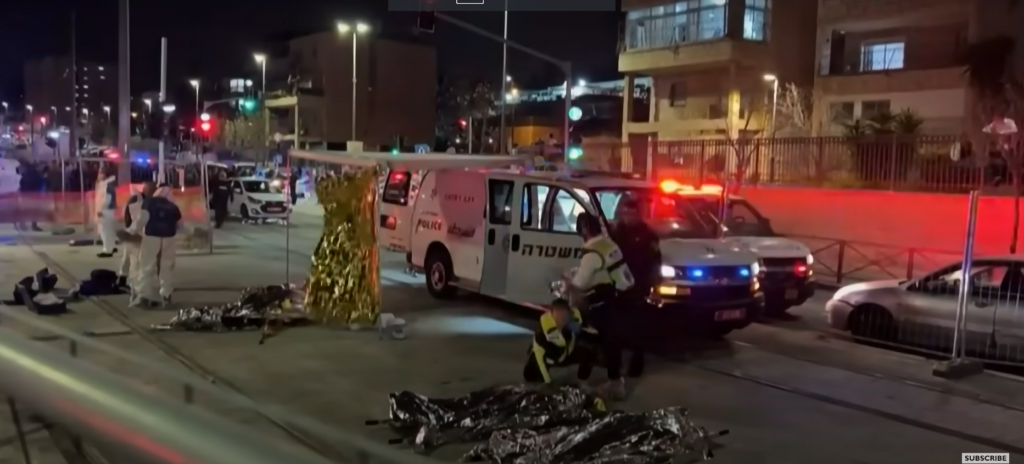There was great anger in Jordan, Egypt and the PA over the statements of Prime Minister Netanyahu and Ministers Itamar Ben Gvir and Bezalel Smotrich who publicly denied the conclusions reached at the Aqaba meeting and even disparaged them, especially with regard to the Israeli agreement to freeze construction in the settlements for a few months in exchange for the Palestinians to withdraw from the UN Security Council their proposal to condemn Israel for expanding construction in the settlements.
The Biden administration hastened to reassure the Arab partners in the meeting through diplomatic channels and explained to them that Netanyahu and his ministers are in denial because of the internal political game in Israel in order to maintain the integrity of the coalition, however, it is clear that Israel is not at all satisfied with what was imposed on it at the Aqaba meeting.
Senior American officials explained that Israel will have to fulfill its commitments at the Aqaba meeting in order to maintain its credibility in the eyes of the American government and in the eyes of the Arab partners.
A senior Palestinian official said that it is unthinkable that Israeli officials who participated in the meeting such as the head of the National Security Council, the head of the Shin Bet, the director general of the Ministry of Foreign Affairs and the coordinator of operations in the territories would deny the agreements they gave during the meeting on behalf of the political echelon in Israel.
Jordanian officials confirm that the weakest side in the Aqaba meeting was actually the Palestinian Authority’s side.
In fact, the weak Palestinian Authority has no economic and security power to meet its obligations, the Hamas movement, which was not invited to the meeting, is the strongest military force in the field and it can easily torpedo the Aqaba meeting results through terrorist attacks in Judea and Samaria and firing rockets at Israel from the border of the Gaza Strip.
On March 17, a follow-up conference is expected to convene in Sharm el-Sheikh to the meeting that was held in Aqaba, until then the Supreme Joint Security Committee is supposed to convene to formulate security agreements on the war on terrorism and the Supreme Civilian Committee is supposed to formulate confidence-building measures in the economic field.
Hussein al-Sheikh, Secretary General of the PLO Executive Committee, who was one of the Palestinian representatives who participated in the meeting in Aqaba, told the Al-Arabi Al-Jadid newspaper on February 27 that no American security plan was presented at the meeting in Aqaba.
He said that the meeting was political and security wise and that the security coordination between the PA and Israel is still frozen.
He noted that the Palestinians handed over a .document with 13 demands
Senior PA officials said that the among the Palestinian demands were the following demands:
- Stopping construction in the settlements.
- Preserving the status of Jerusalem, stopping the damage to its historical identity and legal status of Jerusalem.
Stopping the closure of Palestinian institutions in East Jerusalem and allowing elections to be held in East Jerusalem.
- Stopping the IDF’s invasions of Palestinian cities.
- Ending the freezing of Palestinian tax money
and stopping the house demolitions.
- Stopping operations to deport Palestinians from their homes.
Release of prisoners including women, children, the sick and those arrested before the Oslo Accords
As mentioned, the first agreements reached at the Aqaba meeting are mainly procedural and very fragile, it is possible to move forward with the agreed outline but this depends on there being a security calm without terrorist attacks and also without Palestinian deaths from IDF fire.
The terrorist organizations are investing a great deal of effort to carry out attacks in the West Bank and in Israel in order to bring about a new intifada in the month of Ramadan and to stop any negotiations that began at the meeting in Aqaba.
The Palestinian Authority hopes that the discussions will lead to the renewal of negotiations and the creation of a new political horizon based on the two-state solution, but it is more likely to assume that the expected wave of terrorist attacks will sabotage any chance of resuming political negotiations.




